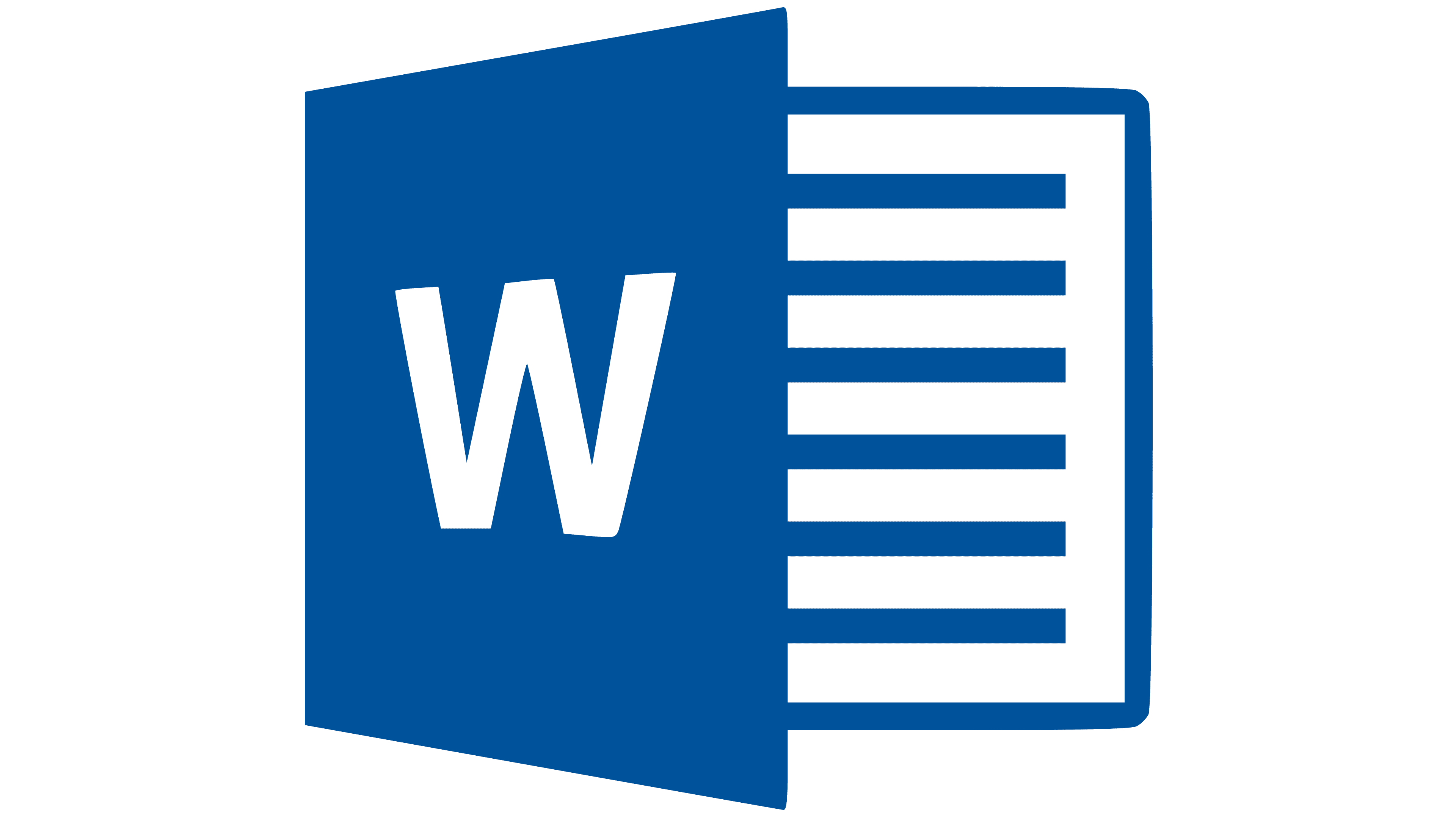Environmental Conservation in non-Hazardous and Toxic Waste Management Program at Company Unit of PT Pertamina Patra Niaga Region Sumbagut
DOI:
https://doi.org/10.55381/envibility.v1i2.143Keywords:
csr, pertamina, Environmental SustainabilityAbstract
This study aims to introduce the initiatives undertaken by various divisions within PT Pertamina Patra Niaga Region Sumbagut in effectively managing non-B3 waste with a focus on environmental preservation. Qualitative methods and participatory action research techniques were employed to achieve this objective. The findings of this research demonstrate that non-hazardous solid waste is mitigated through digitization and repurposing. Digitization is applied to paper waste to prevent accumulation, while repurposing involves converting organic, plastic, and rubber waste into reusable objects. Both waste management models prioritize environmental conservation and lead to cost savings. The efficient utilization of non-B3 solid waste serves as an exemplary approach to minimizing waste impacts throughout various activities, underscoring a strong commitment to environmental preservation.
Downloads
References
Aditya, R., Puspitasari, A. R., Wiyatmoko, A., Sunan, U., & Yogyakarta, K. (2020). Pemberdayaan Kampung Kreasi Warna-warni Lorong Mari oleh PT Pertamina (Persero) RU III Plaju. Islamic Management and Empowerment Journal, 2(1), 17–34. https://doi.org/10.18326/IMEJ.V2I1.17-34
Astutik, Y. R. (2019). Implementasi Corporate Social Responsibility dalam Program Pemberdayaan Masyarakat (Studi Pemanfaatan Pengelolaan Limbah Pabrik PT. CJ Feed Jombang di Dusun Ngowo Kabupaten Jombang). Universtitas Muhammadiyah Malang.
Deshwal, G. K., Panjagari, N. R., & Alam, T. (2019). An overview of paper and paper based food packaging materials: health safety and environmental concerns. Journal of Food Science and Technology, 56(10), 4391–4403. https://doi.org/10.1007/S13197-019-03950-Z/METRICS
Fardian, R. T., Hanum, A., Raharjo, S. T., & Apsari, N. C. (2020). Tanggung Jawab Sosial Perusahaan dan Pengolahan Limbah Organik Berkelanjutan (Kasus Penerapan Program BU Manik pada CSR PT. Pertamina TBBM Bandung Group). Prosiding Penelitian & Pengabdian Kepada Masyarakat, 7(2). http://jurnal.unpad.ac.id/prosiding/article/view/29056
Jones, T. M. (1991). Ethical Decision Making by Individuals in Organizations: An Issue-Contingent Model. The Academy of Management Review, 16(2), 366. https://doi.org/10.2307/258867
Khilmi, M., Endrasto, A., Setyawan, A. N., Lizana, U. J., & Cahyo, C. D. (2022). Pemberdayaan Masyarakat bersama TAMAN Sidrap Melalui Pertanian Terintegrasi di Desa Martadinata. Prospect: Jurnal Pemberdayaan Masyarakat, 1(4), 194–202. https://doi.org/10.55381/JPM.V1I4.48
Kusumaningtyas, R. D., Widjanarko, D., Cahyati, W. H., Wulansarie, R., Maksiola, M., Meysanti, D., Salsabilla, M. T., Nugraha, D. D., Najuda, M. D., & Rachmadi, M. F. (2022). Pengolahan Limbah Minyak Jelantah Menjadi Sabun Cuci Tangan sebagai Upaya Konservasi Lingkungan dan Pencegahan Penularan Virus Covid-19. Jurnal Abdimas, 26(2), 110–121. https://doi.org/10.15294/abdimas.v26i2.40053
Larasati, Z. W., & Sunartiningsih, A. (2020). Strategi Keberlanjutan Pengelolaan Sumber Daya Berbasis Komunitas dalam Program Tanggung Jawab Sosial Perusahaan. Jurnal Pemberdayaan Masyarakat: Media Pemikiran Dan Dakwah Pembangunan, 4(1), 73–102. https://doi.org/10.14421/JPM.2020.041-04
Miles, M. B., & Huberman, A. M. (1984). Qualitative Data Analysis (a Source book of New Methods). SAGE Publications.
Mohamed, H. A.-B., Mohamad, M. H., Ghani, S. A., Baker, R., Lamin, K., Mohaiyadin, N. M., & Mardzuki, K. (2020). The Application of Paperless and Green Theory in National Defense University of Malaysia: A Conceptual Study. Jurnal Pertahanan: Media Informasi Ttg Kajian & Strategi Pertahanan Yang Mengedepankan Identity, Nasionalism & Integrity, 6(1), 37–45. https://doi.org/10.33172/JP.V6I1.605
Nassaji, H. (2020). Good qualitative research. Language Teaching Research, 24(4), 427–431. https://doi.org/doi.org/10.1177/1362168820941288
Orantes-Jiménez, S.-D., Zavala-Galindo, A., & Vázquez-Álvarez, G. (2015). Paperless Office: A New Proposal for Organizations. Journal of Systemics, 13(3), 47–55.
Paudel, B., Basak, J. K., Madhavi, B. G. K., Kim, N., Lee, H., Choi, G., Choi, Y., & Kum, H. T. (2022). Properties of biodegradable seedling plug trays made up of recycled paper pulp mixed with different proportions of strength-enhancing additives. Koreanstudies Information Service System, 27(1), 148–148. https://kiss.kstudy.com/Detail/Ar?key=3943992
Prastyo, P. H., Sumi, A. S., & Kusumawardani, S. S. (2020). A Systematic Literature Review of Application Development to Realize Paperless Application in Indonesia: Sectors, Platforms, Impacts, and Challenges. Indonesian Journal of Information Systems, 2(2), 111–129. https://doi.org/10.24002/IJIS.V2I2.3168
Putra, A. S., & Rusdi, R. (2023). Mislin As: Tokoh Pelopor Pemberdayaan Masyarakat Miskin Di Desa Tanjung Morawa B (2006-2022). Jurnal Kronologi, 5(1), 195–206. https://doi.org/10.24036/JK.V5I1.649
Rachmadi, M. F. (2019). Relevance of the Implementation of Conservation Pillars on Operational Performance of Companies and Institutions. Proceedings of the 3rd International Conference on Globalization of Law and Local Wisdom (ICGLOW 2019), 14–18. https://doi.org/10.2991/ICGLOW-19.2019.4
Rehmani, M., Iftikhar, U., Khokhar, M. N., Rehman, H. I. U., Irshad, H., & Anwer, N. (2022). Does the traditional recruitment procedure of higher education institutions cause paper waste? Cogent Business & Management, 9(1). https://doi.org/10.1080/23311975.2022.2151679
Ristanto, M., Rachman P, A., Saptura, E., & Putra, V. P. (2023). Pemberdayaan Masyarakat Berbasis Pengembangan Nilai Loyalitas dan Wawasan Lingkungan. Community Development Journal : Jurnal Pengabdian Masyarakat, 4(2), 2992–2997. https://doi.org/10.31004/CDJ.V4I2.14646
Rochmah, H. F., Kresnanda, A. S., & Asyidiq, M. L. (2021). Pemanfaatan Limbah Ampas Kopi sebagai Upaya Pemberdayaan Petani Kopi di CV Frinsa Agrolestari, Bandung, Jawa Barat. Jurnal Sains Terapan : Wahana Informasi Dan Alih Teknologi Pertanian, 11(2), 60–69. https://doi.org/10.29244/JSTSV.11.2.60-69
Sandhu, U., & Seth, R. (2004). Paperless Office: A New Name to Technology. International Journal of Management and Business Studies, 4(2), 34–46.
Suryawan, I. G. P., & Atmika, I. G. N. A. (2021). Pengelolaan Sampah berbasis Zerowaste no Landfill sebagai Upaya Pelestarian Lingkungan Berkelanjutan. Jurnal Bakti Saraswati (JBS): Media Publikasi Penelitian Dan Penerapan Ipteks, 10(2), 138–145. https://e-journal.unmas.ac.id/index.php/baktisaraswati/article/view/2551
Waliuddin, A. N., Rachmadi, M. F., Ridloah, S., & Humaira, H. (2023). Conservation Pillar Policy: Sustainable Corporate Performance Improvement Strategy Model. International Journal of Engineering Business and Social Science, 1(4). http://ijebss.ph/index.php/ijebss/article/view/51#
Zhang, Y., Yu, Z., & Mai, X. (2020). The influence of social value orientation on self-other risk decision-making and its mechanisms. Acta Psychologica Sinica, 52(7), 895–908. https://doi.org/10.3724/SP.J.1041.2020.00895
Downloads
Published
Issue
Section
License
Copyright (c) 2023 ENVIBILITY: Journal of Environmental and Sustainability Studies

This work is licensed under a Creative Commons Attribution-ShareAlike 4.0 International License.












